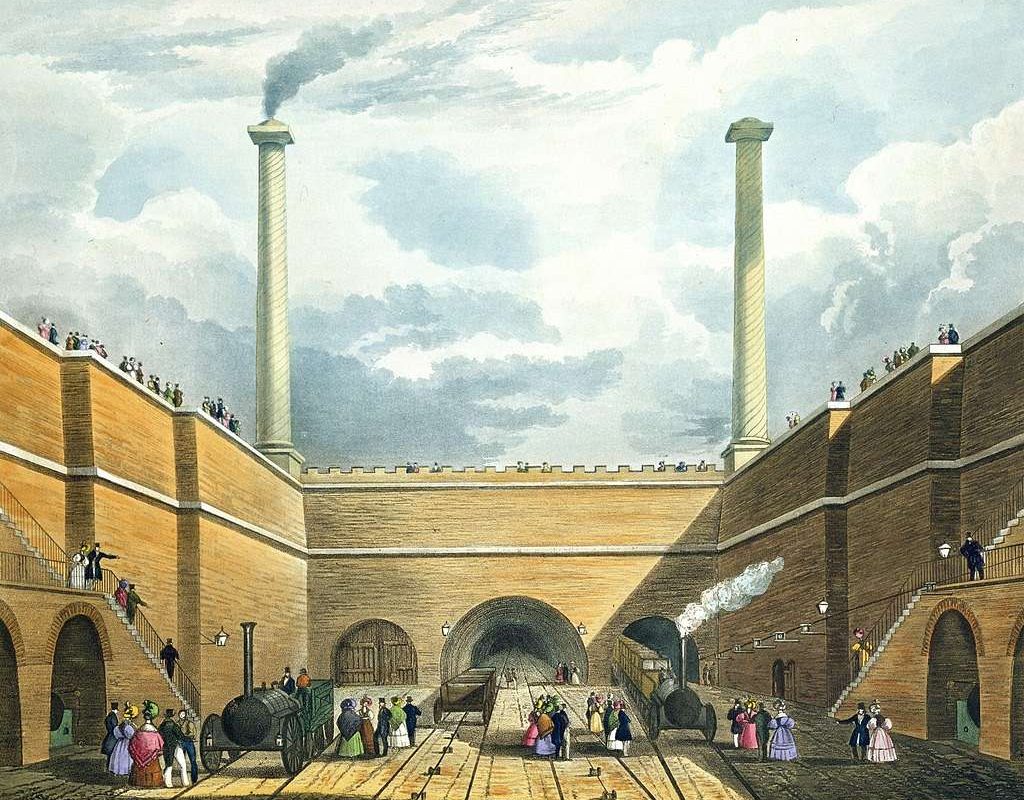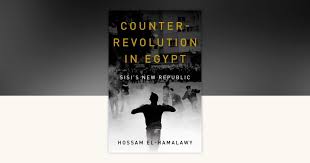Rebellious Daughter’s of History #17
by Judy Cox

From suffrage to Stalins Purges: Rose and Nellie Cohen
The Cohen sisters were the daughters of Maurice and Ada Cohen, refugees from Poland who settled in Whitechapel in 1884. Rose was born in 1894. As teenagers, Rose and Nellie joined Sylvia Pankhurst’s radical women’s suffrage Movement in East London.
In 1913, Nellie became Sylvia Pankhurst’s personal secretary. Nellie and Rose moved into a flat on Grays Inn Road with two comrades from the East London Federation of Suffragettes. Everyone in the flat became Communists.
In March 1917, Sylvia addressed a meeting organised by the East London Jewish community to welcome the overthrow of the Tsar. The Cohen sisters shared this enthusiasm for the Russian Revolution.
In 1919, Sylvia tried to set up a communist organisation in Nellie and Rose’s flat and appointed Nellie to an organisation which built support for Soviet Russia. Rose became a prominent figure in the group which won the approval of the Comintern, the Communist Party of Great Britain, founded in 1921.
In the 1920s and 1930s, Rose was entrusted with a series of missions for the Comintern, taking her to Paris, Moscow and Berlin. Rose met David Petrovsky, a Comintern agent. They married and, in 1929, Rose gave birth to their son Alexey in Moscow, where she had settled.
That same year, Nellie had a daughter, Joyce. The father was a married man who was unaware of Nellie’s pregnancy. Nellie’s friend went to live in New York’s communist circles. She returned to England and worked in the Soviet Embassy in London.
In Moscow in the 1930s, Rose worked as the foreign editor of the USSR’s only English-language newspaper, the Moscow Daily News. In the late 1930s, a wave of arrests and executions were unleashed on the Soviet populace. In 1937 Stalin’s secret police came for Rose and her husband.
David Petrovsky was arrested and executed in September. Rose was also arrested, distraught at the fate of her son. Prominent British Communists such as Harry Pollitt appealed for her life.
Nellie did not grasp the severity of her sister’s situation. On 14 August 1937, she wrote a letter to her sister filled with family anecdotes. The letter was returned to sender. Three months later, Rose was executed.
Nellie remained a committed member of the Parliament Hill Fields branch of the Communist Party of Great Britain until her death in 1979.

Revolution, Guns and Peace: Anastasia Bitsenko (1875-1938)
Anastasia Bitsenko was born into a peasant family in a small village but managed to qualify as a teacher. During a famine in 1899, she organised communal kitchens. She then went to Moscow to continue her studies. There, she met and married Mikhail Bitsenko, a member of the Socialist Revolutionary Party. In 1901, they were arrested and banished from Moscow for organising student disorders.
In 1903, Anastasia left her husband and travelled to St Petersburg, where she became a full-time activist for the Social Revolutionaries (SR). The next year, she joined a member of a women’s terrorist group which planned to assassinate the minister of the interior, but she was betrayed, arrested and exiled to the Arctic Circle. Anastasia escaped and returned to Moscow, where she was in charge of organising rail workers before joining a SR flying combat detachment.
In 1905 Anastasia volunteered to assassinate the Minister of War, who had brutally repressed a peasant revolt. She marched into his office, placed a draft of his death sentence on his desk and shot him dead. She was arrested and sentenced to death, but this was commuted to life imprisonment. She spent 11 years in penal servitude.
Anastasia was released by the February Revolution of 1917. During the October Revolution, she served on the Petrograd Military Revolutionary Committee and the Central Executive Committee of the Soviets. Anastasia was a highly-respected revolutionary.
She was appointed to the Soviet delegation to the Brest-Litovsk peace negotiations which ended the fighting on the Eastern Front. Sitting amidst the uniformed Generals, with their medals and monocles, Bitsenko stood out as the only women present, and almost certainly the only delegate who had shot a minister of war.
Back in Russia in November 1918, she joined the Communist Party and served on several important committees. Anastasia fell victim to Stalin’s purges. She was sentenced to death and shot on 16 June 1938.



